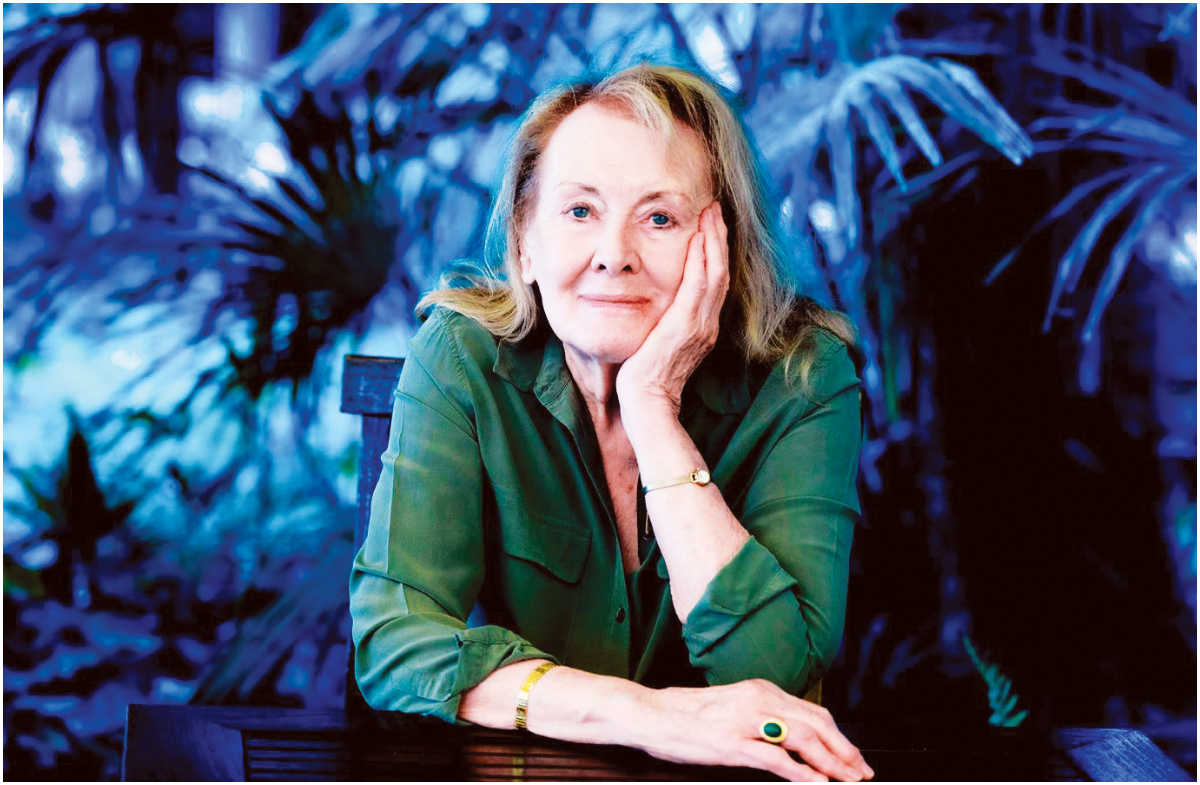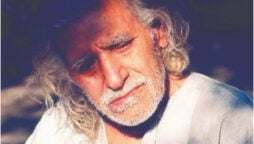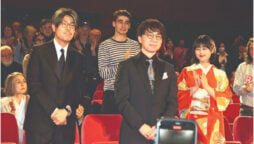
Return of Eurocentrism
Annie Ernaux’s Nobel win reflects the abiding relevance of the memoir as a literary form
For most readers, the Swedish Academy is tantamount to a glorified version of Goodreads that propels them to revisit their reading lists and add obscure authors or titles to it every October. It is difficult to predict the winner of the prestigious literary prize with some degree of conviction. Guesswork remains futile as the Nobel laureate in literature isn’t selected from a shortlist that is made public. Fuelled by the spirit of secrecy, the announcement unsurprisingly bears an element of surprise.
For decades, a diverse menu of novelists, poets, playwrights and non-fiction writers have received the accolade. At times, the choice of recipients has been exceedingly bizarre, triggering an endless debate over the Swedish Academy’s judgement in these matters. In 2016, the Nobel Committee adopted a broad view of literary pursuits and conferred the award on singer-songwriter Bob Dylan for “creating new poetic expressions within the great American song tradition”. The decision, though somewhat radical, was criticised for its incongruity and prominent figures viewed it as a careless snub to the enormous pool of serious literary talent.
In other instances, the Swedish Academy’s choices have been spurned in the public domain for reasons that are unconcerned with literary endeavours. When Austrian writer Peter Handke bagged the award in 2019, sceptics felt that the decision stood in cold defiance of the writer’s problematic political views. A strong proponent of Serbian dictator Slobodan Milosevic’s conduct during the Balkan wars in the 1990s, Handke was billed as a genocide apologist who had used his work as a conduit for his outrageous beliefs.
Be that as it may, the recipient of the Nobel laureate in literature hasn’t always attracted controversy. Abdulrazak Gurnah, the winner of the 2021 Nobel Prize for Literature, wasn’t known beyond the United Kingdom and East Africa, but his obscurity became a cause for celebration. Gurnah’s Nobel win was viewed as a counter to the Eurocentric outlook that occasionally holds sway in making such decisions.

A cynical thesis on the committee’s decision to confer the 2022 Nobel Prize for Literature on 82-year-old French writer Annie Ernaux would inevitably lament the return of Eurocentrism. However, Ernaux’s Nobel win reflects the abiding relevance of the memoir as a literary form. Life writing has typically sustained itself on the voracious appetite of a prurient readership and autobiographies laced with vain declarations have remained popular. The memoir, however, is a more quiet performance and serves as a site where personal histories are mined and put forward with perspicacity. Since time immemorial, the past has been understood through the larger movements that often have the public arena as their epicentre. Ernaux’s work has been lauded by the Nobel Committee for “the courage and clinical acuity with which [it] uncovers the roots, estrangements and collective restraints of personal memory”. The Swedish Academy’s willingness to acknowledge the role of the memoirist in contemporary discourse reveals its commitment to recognising the public merit of private recollections.
Much has been written about Ernaux’s life and literary career over the last few weeks. She is the sixteenth French writer to receive the prestigious accolade and is the first woman from France to achieve this honour. French President Emmanuel Macron has declared her a potent literary voice that represents “the freedom of women and of the forgotten”. It is no secret that she is the daughter of working-class parents and briefly worked as an au pair. These facts seem to have been churned out with alacrity as a means of making her Nobel win seem all the more meritocratic – an irresistible rags-to-riches story. Ernaux’s origins, though, are only significant insofar as they allow us to engage with her oeuvre in a more holistic sense.
In 1974, Ernaux’s autobiographical novel Les Armoires vides (Cleaned Out) found its place on bookshelves. She wrote two more novels that also fell neatly within the realm of auto-fiction. One of these novels presents the story of a married woman who found herself stifled by domesticity and is a thinly veiled reference to Ernaux’s own marriage. Soon after, the author found fictional spaces to be far too restrictive in encompassing the realities that she wanted to explore in her work. The decision was fuelled by her reluctance to present details about her father’s life through a strictly artistic approach.
Stripped of the trappings of a fictional account, Ernaux probed deep into her own private history and exposed its numerous facets. La Place (A Man’s Place) is an autobiographical account that examines her relationship with her father and sheds light on her small-town upbringing in France. The memoir also offers a luminous portrait of her parents’ sincere efforts at upward social mobility and reveals how Ernaux’s life diverged from that of her parents when she moved away. In subsequent books, Ernaux captured the dark dimensions of her own life with rare courage and sensitivity. She doesn’t shy away from venturing into territory that other memoirists might view as an invasion of their own privacy. As a result, Ernaux’s Simple Passion turns an intimate gaze on her affair with an Eastern European man while Une Femme offers a painful exploration of her mother’s demise. L’Usage de la photo is a moving meditation on a romantic liaison that is juxtaposed against the author’s battle with breast cancer. In Les Années (The Years), she writes about herself in the third-person narrative perspective, and offers a poignant and insightful glimpse of the changing nature of French society since World War II.
Over the years, her work has drawn critical acclaim and has even gained recognition in anglophone countries. Since Ernaux won the Nobel Prize for Literature, her work is likely to gain an even wider reach. If extra-literary considerations are to serve as a gauge, Ernaux espouses far-left political persuasions that are steered by a humanistic touch. She is also a proponent of the Palestinian-led movement that calls for boycott, divestment and sanctions against Israel. Therefore, Ernaux’s Noble win also reflects a symbolic resistance against the onslaught of settler colonialism. -Ends
Catch all the Bold News, Breaking News Event and Latest News Updates on The BOL News
Download The BOL News App to get the Daily News Update & Live News.












 Read the complete story text.
Read the complete story text. Listen to audio of the story.
Listen to audio of the story.